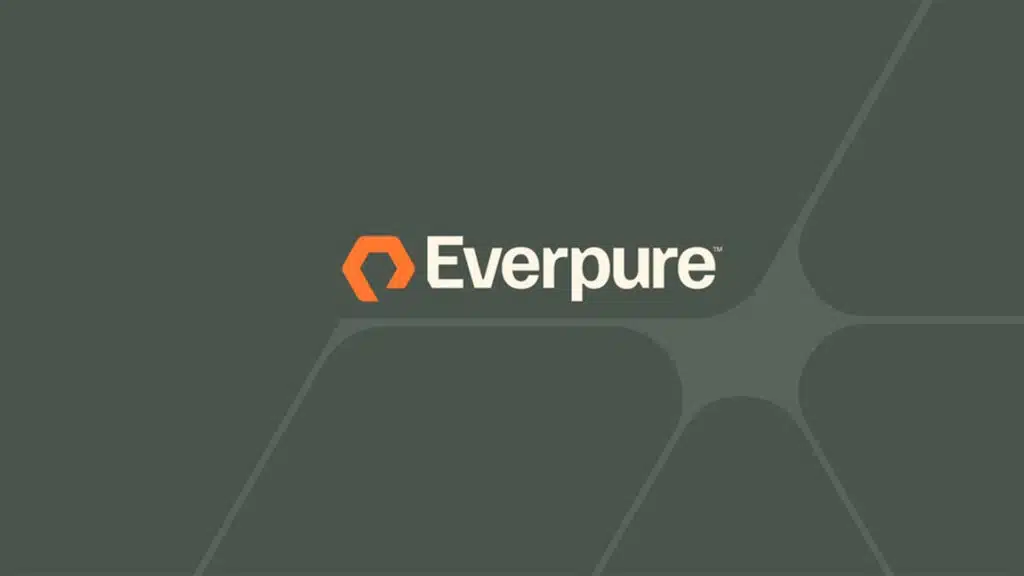Analyst(s): Keith Kirkpatrick
Publication Date: April 15, 2025
Oracle has launched the AI Agent Studio within Oracle Fusion Cloud Applications, providing a platform for customers and partners to build, extend, deploy, and manage AI agents and agent teams across the enterprise. The tool is embedded into existing subscriptions, offering prebuilt templates, orchestration tools, multi-LLM access, and native security integration.
What is Covered in this Article:
- Oracle introduces AI Agent Studio as part of Fusion Cloud Applications to support enterprise-controlled AI agent customization and deployment.
- The platform offers agent templates, orchestration tools, and access to Oracle Fusion APIs, preserving application-specific business logic.
- Security, testing, and validation frameworks are embedded, enabling oversight and reliability in AI-driven workflows.
Multi-agent orchestration features allow automation of complex, cross-functional processes with built-in checkpoints and approvals. - Strategic alignment with Accenture, Deloitte, and PwC reflects growing enterprise demand for structured agentic AI deployment.
The News: At Oracle CloudWorld London 2025, Oracle introduced the AI Agent Studio – an integrated platform within the Oracle Fusion Cloud Applications Suite. This new tool allows customers and partners to build, expand, deploy, and oversee AI agents and agent networks throughout their organizations. Offered at no extra cost, the studio includes features such as agent templates, seamless access to Fusion APIs, compatibility with third-party systems, and a security model aligned with Oracle’s established application protocols.
Is Oracle’s AI Agent Studio the Missing Layer for Enterprise-Wide Automation?
Analyst Take: Oracle’s AI Agent Studio presents a flexible architecture that lets enterprise users develop and manage AI agents natively within Fusion Cloud Applications. Rather than relying on external or disconnected systems, it brings automation directly into existing environments, offering precise control over operational workflows while remaining embedded in core infrastructure. This approach positions Oracle to address the rising demand for scalable and regulated AI deployment across the enterprise landscape.
Agent Configuration Rooted in Existing Business Logic
The platform supports the development of AI agents via structured templates that align with business-specific tasks, ranging from quoting to returns to workforce scheduling. These templates are adaptable through Oracle APIs, embedded tools, or document-based inputs, allowing businesses to reuse existing systems and artifacts rather than starting from scratch. While offering flexibility, the model emphasizes adherence to enterprise rules to maintain consistency across operations.
Governance Framework Prioritizes AI Reliability
Every agent built in the studio is subject to Oracle’s Fusion security architecture, which includes enforced access policies and control mechanisms. This framework extends across all agent actions and data permissions, significantly lowering risk exposure. Built-in testing and validation tools further reinforce enterprise requirements for traceable and explainable AI behavior. This structure offers a clear pathway toward safe and accountable AI implementation for industries operating under regulatory constraints.
Coordination of Multi-Agent Workflows
The studio also enables multi-agent orchestration, where AI agents can work in coordination, with checkpoints for human intervention where necessary. These flows can span departments, incorporating third-party agents via secure API connections. Though this increases design complexity, it reflects Oracle’s emphasis on integrating AI into real-world workflows, not just isolated applications.
The ability to drive agentic AI across entire workflows will be the key lever to delivering significant ROI across a variety of industries and use cases, particularly because it is the hand-off between systems that often creates the friction and bottlenecks that usually require humans to intervene. Human intervention introduces additional time, costs, and complexity and takes employees away from the tasks that can drive better customer experiences and loyalty.
Partner Involvement Reflects Enterprise Demand Signals
Oracle’s collaboration with consulting firms like Accenture, Deloitte, and PwC highlights a shared belief in agentic AI as a strategic lever for transformation. These partners highlighted how the studio can deliver tangible results through purpose-driven agent deployments, such as cost savings or efficiency improvements. Their involvement points to growing enterprise readiness to explore AI agents and embed them within wider operational strategies.
What to Watch:
- Platform adoption will depend on how easily enterprises can operationalize agent creation without dedicated ML expertise
- Complex workflows may require thoughtful orchestration across multiple agents and departments to realize the intended efficiency
- Security and explainability testing will be key differentiators, especially in regulated industries
- Partner-led deployments could influence how quickly customers scale agent use beyond pilot use cases
See the complete press release on the launch of Oracle AI Agent Studio for Fusion Cloud Applications on the Oracle website.
Disclosure: The Futurum Group is a research and advisory firm that engages or has engaged in research, analysis, and advisory services with many technology companies, including those mentioned in this article. The author does not hold any equity positions with any company mentioned in this article.
Analysis and opinions expressed herein are specific to the analyst individually and data and other information that might have been provided for validation, not those of The Futurum Group as a whole.
Other insights from The Futurum Group:
Oracle Q3 FY 2025 Earnings Show Strong RPO Growth Amid Cloud Expansion
Oracle Exadata X11M: The Enterprise AI Architecture
Oracle Bets on AI-Driven Sales and Supply Chain Transformation
Author Information
Keith Kirkpatrick is VP & Research Director, Enterprise Software & Digital Workflows for The Futurum Group. Keith has over 25 years of experience in research, marketing, and consulting-based fields.
He has authored in-depth reports and market forecast studies covering artificial intelligence, biometrics, data analytics, robotics, high performance computing, and quantum computing, with a specific focus on the use of these technologies within large enterprise organizations and SMBs. He has also established strong working relationships with the international technology vendor community and is a frequent speaker at industry conferences and events.
In his career as a financial and technology journalist he has written for national and trade publications, including BusinessWeek, CNBC.com, Investment Dealers’ Digest, The Red Herring, The Communications of the ACM, and Mobile Computing & Communications, among others.
He is a member of the Association of Independent Information Professionals (AIIP).
Keith holds dual Bachelor of Arts degrees in Magazine Journalism and Sociology from Syracuse University.







